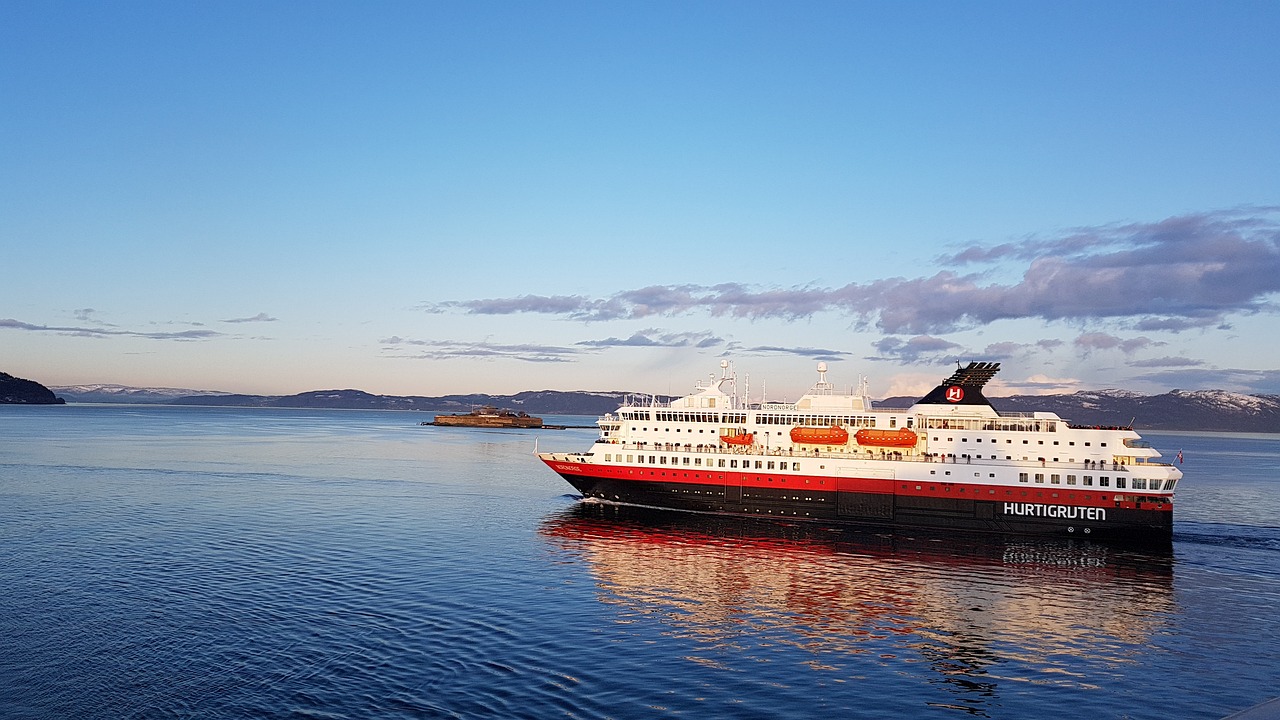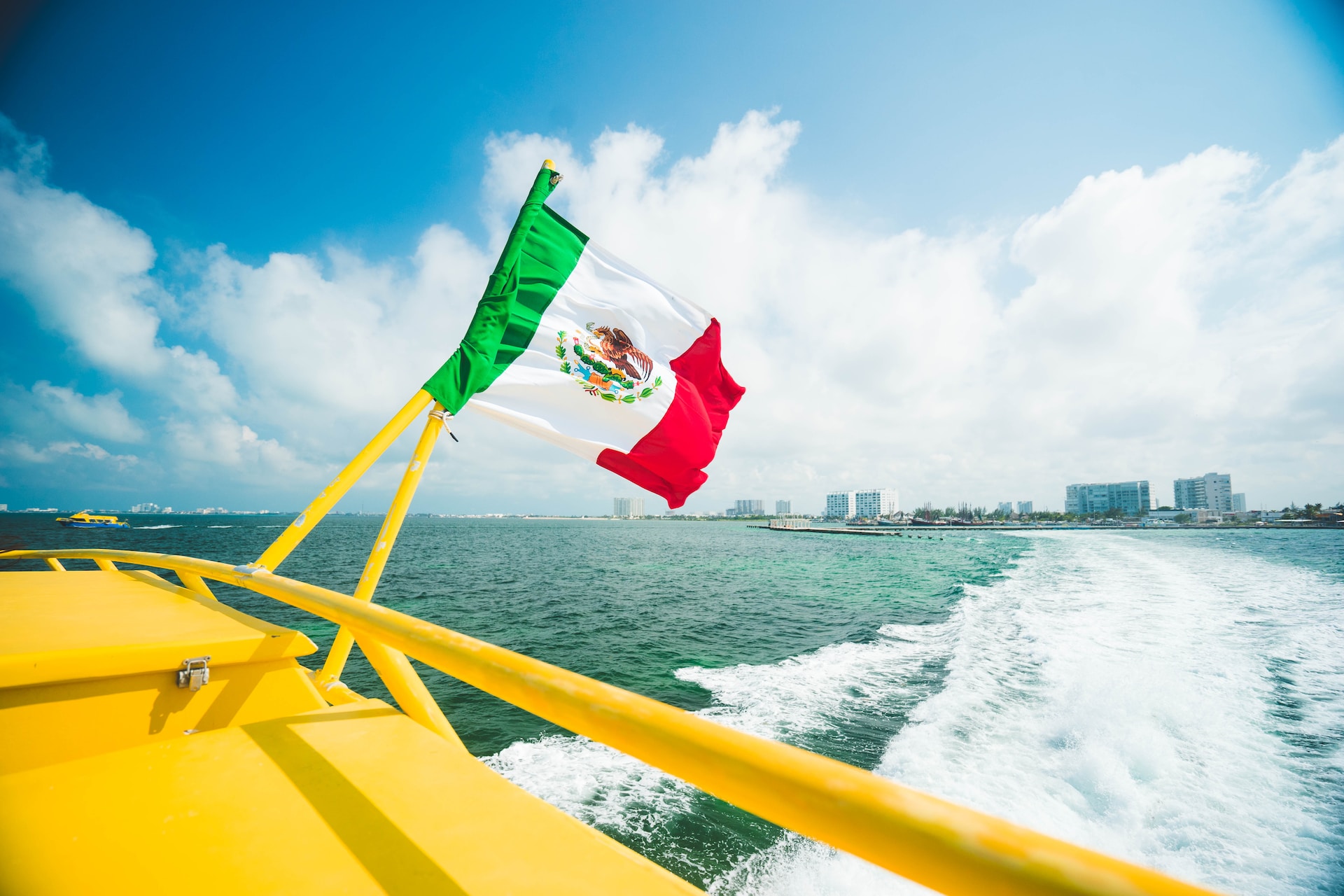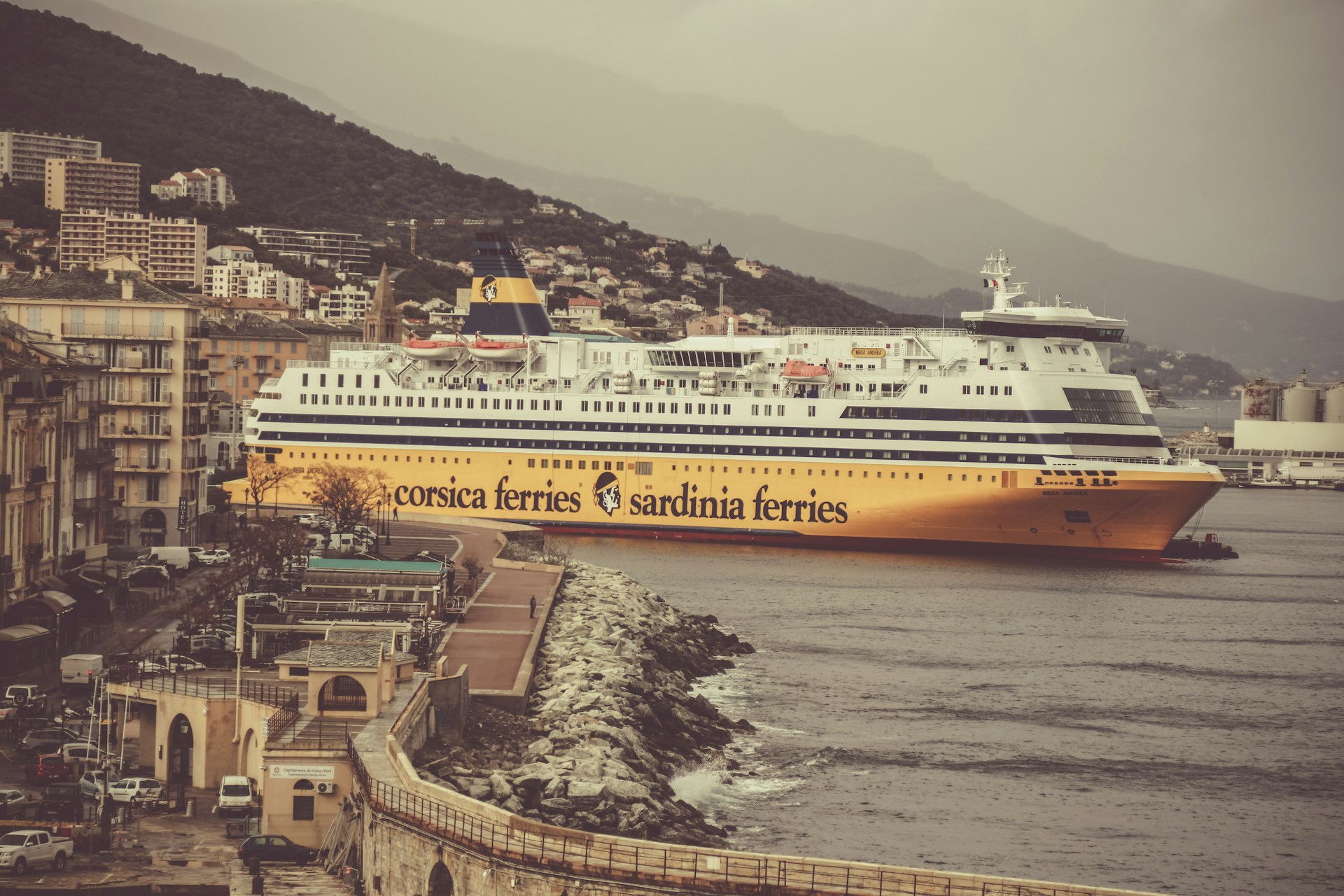Action for Oceans & How the Maritime Industry Can Lead the Way
Jun 03, 2025 · 8 mins read ·
Maritime Industry
The maritime industry plays a vital role in global trade, transporting around 90% of the world's goods. However, it is also a significant contributor to carbon emissions, ocean pollution, and ecosystem disruption.
As we celebrate World Oceans Day on June 8 and with this year’s theme being "Catalyzing Action for Our Ocean & Climate," it’s clear that the maritime sector must take a leading role in protecting the ocean and combating climate change.
What is World Oceans Day?
We’ve written before about World Oceans Day and its history and the meaning behind it, but for anyone who wants a quick refresher, here you are!
World Oceans Day is celebrated annually on June 8 and is a global event dedicated to raising awareness about the importance of the ocean and the urgent need to protect it. Established by the United Nations, the day serves as a platform for individuals, businesses, and governments to take action for ocean conservation.
The theme for 2025, "Catalyzing Action for Our Ocean & Climate," emphasizes the critical link between ocean health and climate change. It calls for bold, immediate steps to protect marine ecosystems, reduce carbon emissions, and promote sustainable ocean practices that support both environmental and economic resilience.

So where does that leave the maritime industry? From sustainable fuels to green port infrastructure, the industry is undergoing a transformation that could make a lasting impact. Here’s how the maritime world is stepping up - and what more can be done.
Read more: Everything You Need to Know About Smart Ports
The environmental impact of the maritime industry
While shipping is often praised for being more carbon-efficient than other transport modes, it still accounts for about 3% of global CO₂ emissions - a figure expected to rise if action isn’t taken.
Other environmental concerns include:
- Oil spills and pollution: Accidental spills from ships can devastate marine ecosystems.
- Ballast water discharge: Ships take in and release water for stability, which can introduce invasive species to fragile ecosystems.
- Plastic waste: Fishing gear, packaging, and other marine debris contribute to ocean pollution.
With climate change and ocean degradation accelerating, the maritime sector must embrace bold and immediate action to reduce its environmental footprint.
1. The shift to low- and zero-emission fuels
One of the biggest challenges in maritime sustainability is reducing carbon emissions from ships. The industry is exploring alternative fuels to replace heavy fuel oil, including:
- Liquefied Natural Gas (LNG): A cleaner-burning fuel that reduces CO₂ and sulfur emissions, but still contributes to greenhouse gases.
- Methanol & ammonia: Emerging as promising alternatives with lower carbon footprints. Green ammonia, in particular, could be a zero-carbon fuel if produced using renewable energy.
- Hydrogen fuel cells: An exciting solution that emits only water vapor and has the potential to power emission-free ships.
- Wind- and solar-assisted shipping: Some vessels are experimenting with wind-powered rotor sails and solar panels to supplement traditional energy sources.
Major companies like Maersk and CMA CGM are already investing in methanol- and ammonia-powered vessels, signaling a shift towards greener fuels.

2. Green port infrastructure and electrification
Ports are essential hubs in the maritime supply chain but are also major sources of emissions due to ship idling, cargo handling, and fuel-powered port machinery. To reduce their environmental impact, many ports are adopting green technologies, including:
- Shore power (cold ironing): Allows docked ships to plug into the local power grid instead of burning fuel, significantly cutting emissions. Ports like Los Angeles, Rotterdam, and Hamburg are leading in shore power implementation.
- Port electrification: More ports are switching from diesel-powered cranes, trucks, and equipment to electric or hybrid alternatives.
- Smart port technology: Digital monitoring systems help optimize ship movements, reduce congestion, and minimize emissions.
Some ports are even exploring the use of renewable energy sources like wind and solar to power their operations.
Read more: World Meteorological Day & Our Oceans
3. Cutting plastic and waste from the supply chain
Plastic pollution is a major ocean crisis, with millions of tons of waste entering the sea every year. The maritime industry can take a proactive role by:
- Banning single-use plastics on ships and in ports.
- Implementing closed-loop waste management systems on vessels to ensure proper disposal.
- Encouraging suppliers and cargo companies to reduce plastic packaging.
Cruise lines like Royal Caribbean and Hurtigruten have already eliminated plastic straws, bags, and bottles onboard, setting an example for the wider industry.

4. Investing in sustainable ship design
New ship designs are being developed to improve fuel efficiency and reduce environmental harm. Some key innovations include:
- Hydrodynamic hull designs that reduce drag and fuel consumption.
- Air lubrication systems that create a thin layer of air bubbles under a ship, decreasing resistance.
- Battery-electric and hybrid ships, like the ones used by Scandlines and Norled, which rely on a mix of electric power and low-emission fuels.
As these technologies scale up, they have the potential to dramatically cut the industry’s carbon footprint.
Read more: Coral Triangle Day: What Is It & How Can You Get Involved?
5. Strengthening international regulations and industry collaboration
Sustainability in the maritime sector cannot be achieved in isolation - it requires global cooperation. Some key frameworks driving change include:
- The International Maritime Organization’s (IMO) Strategy: The IMO has set a goal to cut greenhouse gas emissions from shipping by 50% by 2050, with long-term ambitions for full decarbonization.
- The Poseidon Principles: A global framework for banks and financial institutions to support climate-aligned ship financing.
- The Green Shipping Corridors Initiative: Ports and companies are working together to create low-emission trade routes between key global hubs.
Industry-wide collaboration is essential to drive innovation, enforce sustainability measures, and share best practices.

6. Engaging consumers and businesses in sustainable choices
The shipping industry’s sustainability efforts are not just about technological advancements - they also depend on consumer demand and business responsibility.
- Retailers and brands can prioritize low-emission shipping options when choosing logistics partners.
- Cruise passengers can support lines that prioritize environmental policies, such as hybrid propulsion, sustainable excursions, and waste reduction programs.
- Consumers can choose sustainably sourced seafood and products with minimal shipping emissions.
By making informed choices, businesses and individuals can help push the maritime industry towards more eco-conscious practices.
The future of ocean and climate action in the maritime industry
The maritime industry is at a turning point - climate change, consumer expectations, and regulatory pressures are pushing companies to embrace sustainability like never before. While progress is being made, more action is needed to achieve true decarbonization and ocean conservation.
By investing in cleaner fuels, green port infrastructure, waste reduction, and innovative ship designs, the maritime sector can lead the way in protecting the world’s oceans and combating climate change.
This World Oceans Day, it is important that we recognize the strides being made - and call for even greater efforts to safeguard our oceans for future generations.

Eve Church
Eve is Martide's content writer, publishing regular posts on everything from our maritime recruitment and crew planning software to life at sea. Eve has been writing professionally for more than two decades, crafting everything from SEO-focused blog posts and website landing pages to magazine articles and corporate whitepapers.
UK

is the only site for maritime jobs



